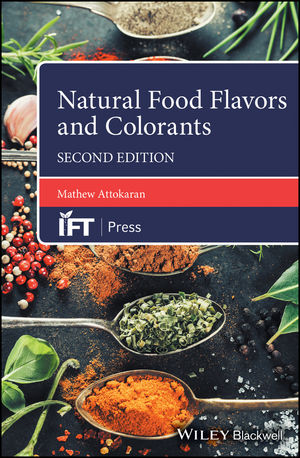Mars Inc., is partnering with Harvard to take a long-term look at the possible health benefits of cocoa flavanols.
The candy maker will work in collaboration with Brigham and Women’s Hospital (BWH),a major teaching hospital of Harvard Medical School, to conduct a five-year landmark study to examine the role of cocoa flavanols — bioactives found in the raw cacao bean — in helping maintain cardiovascular health.
The study could provide clues about healthy aging and the role of diet and nutrition in limiting the societal impact of population aging.
And, ancillary studies will focus on a broad range of potential benefits of cocoa flavanols on brain health, including memory, decision-making skills, mood, and cognitive performance, as well as metabolic health.
This randomized placebo-controlled trial, called the COcoa Supplement and Multivitamin Outcomes Study (COSMOS), will enroll 18,000 women and men nationwide, making it the largest dietary intervention study to evaluate the health benefits of cocoa flavanols and a multivitamin.
Mars is providing financial infrastructure support together with the Heart, Lung and Blood Institute of the NIH, as well as the cocoa flavanol-containing capsules for use in this trial. The capsules are prepared specifically for research purposes and are produced using Mars' proprietary Cocoapro process to extract flavanols from cocoa beans.
“We believe that this collaboration represents the best of a public-private partnership intended to address one of society's most significant health challenges," says Dr. Hagen Schroeter, director of fundamental health & nutrition research, Mars, Inc.
Howard Sesso, ScD, from the Division of Preventive Medicine at BWH and co-lead on the study, says, "This is an exciting time for nutritional intervention research, as cocoa flavanols are among the most promising bioactives based on research to date."
The study was announced as part of summit held today about the future of food.
Global affairs magazine Diplomatic Courier and Mars, Inc. hosted a collaborative discussion on the future of food.
Representatives from organizations as diverse as the UN World Food Programme; the University of California, Davis; and the White House debated the link between food, health, nutrition and wellness and investigated how a revised, multi-stakeholder approach to policy, research, and innovation can ensure effective impact where it matters most.
“The future of food is one of the defining issues of our time,” says Ralph Jerome, Mars’ v.p. of corporate innovation. “We need new, collaborative approaches that translate discoveries into practical applications across the entire value chain if we are to solve the huge sustainability challenges we face.”
The world population is expected to rise above nine billion by 2050 — meaning food production will need to increase sustainably by up to 70 percent. Simultaneously, societies everywhere must alleviate the burden of nutritional deficiencies and confront the unprecedented social and economic challenge presented by aging populations.
The day featured a keynote speech by Sen. Sheldon Whitehouse, (Rhode Island). The White House BRAIN Initiative, a collaborative research initiative focused on revolutionizing our understanding of the human brain, also was discussed in a panel session. The final panel discussion of the day asked the question whether aflatoxin — a fungal toxin that contaminates many of the world’s staple crops — is the most urgent food safety challenge of our time.
For more information about the summit, visit their website.
Mars, Inc., has taken an active role in cocoa flavanol research, and in 2012 established the Mars Center for Cocoa Health Science (MCCHS) as a Center for Excellence. More information is available on Mars’ website.
Diplomatic Courier is the global affairs magazine that connects the diplomatic and policy establishment to the next generation of leaders in diplomacy and foreign policy.







.png?height=200&t=1676496309&width=200)


